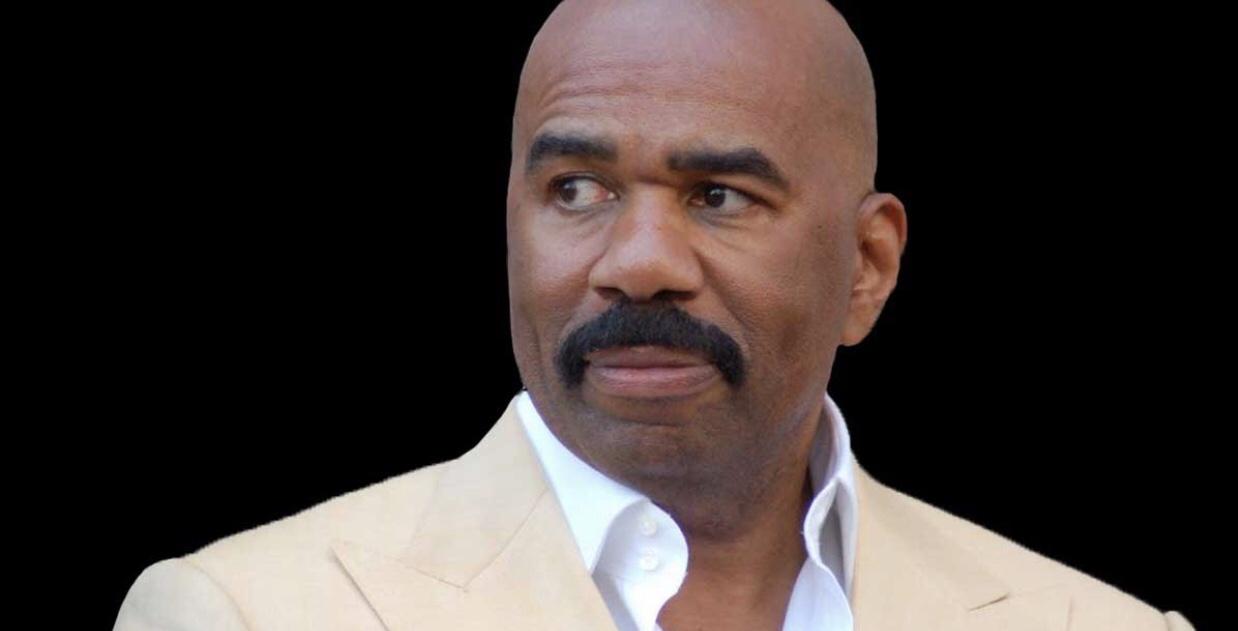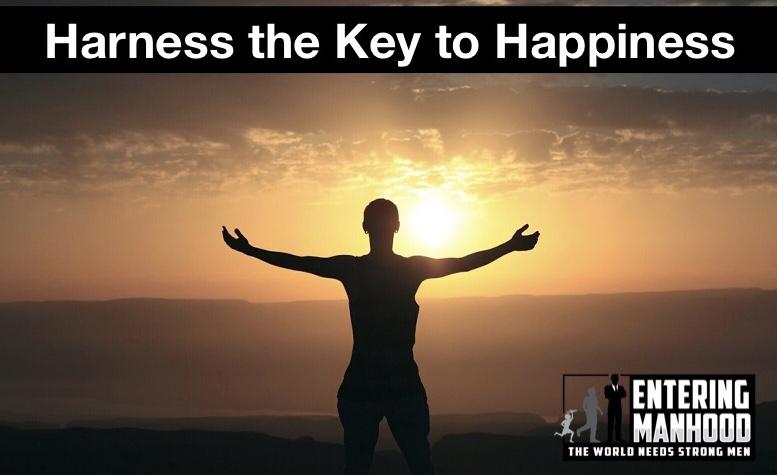Gratitude is one of the most commonly expressed emotions during or after intense moments in one’s life. You hear disaster survivors say it, pro athletes mention it after big wins, and award winning artists proclaim it. Whether they’re grateful for the opportunity, their support system, the God they worship, or just being alive, the common theme is almost always gratitude. The power of gratitude is far greater than many people realize, and if more individuals understood how to harness its power, we’d undoubtedly be living in a happier society.

Three decades ago, Martin Seligman and colleagues launched the field of “Positive Psychology”, which included the scientific study of emotions such as gratitude, optimism, forgiveness, happiness, compassion and altruism. At the time, this was a revolutionary idea in the field of psychology since most of the data about human emotion had previously focused on “negative psychology” such as mental illness, trauma, addiction and stress.
What we have learned is that cultivating personal attributes strengthens us during times of adversity and turmoil, leading to greater happiness and resilience. On top of this, of all the attributes one can develop, gratitude is most strongly associated with mental health.
Gratitude is the emotion that allows us to feel and express thankfulness and appreciation. In 2007, Robert Emmons began researching gratitude through a psychological lens and found that expressing gratitude improves mental, physical and relational well-being. Being grateful also enhances the overall feeling of happiness, and these effects are usually long-lasting.

Benefits of Gratitude
- Improved physical, emotional, social well-being
- Greater optimism and happiness,
- Improved feelings of connection in times of loss
- Increased self-esteem
- Heightened energy levels
- Strengthened heart, immune system, and decreased blood pressure
- Improved emotional and academic intelligence
- Expanded capacity for forgiveness
- Decreased stress, anxiety, depression, headaches
- Improved self-care/greater likelihood to exercise
- Heightened spirituality — ability to see something bigger than ourselves
A powerful way to build positivity is by practicing a “gratitude meditation.” This method helps to train the mind for greater positivity, gratitude and happiness. Try this meditation a few minutes at a time. The more you do this the more you train the brain to develop a more grateful outlook. This exercise taps into the brain’s ability to be malleable.
Research supports the idea that our thoughts have the power to shape our brains. The more conscious we are about perceiving an experience as being positive, the more this perception will generalize to other parts of the brain. Negative experiences tend to stick in our minds, whereas positive experiences are more likely to slip away. We must work to insert positive experiences into the brain in order for the positive to “stick” and beneficial effects to endure. But, how do we do this?

Before taking on host duties for his nationally syndicated radio show or multiple television programs each day, Steve Harvey spends time with God. He has given people a glimpse into his daily prayer life that begins with gratitude.
“Every morning before I get started, I do the same thing every day. I go to my notes section of my phone,” the comedian-turned-best-selling author and philanthropist told Forbes magazine in an interview. “I pull up my morning gratitude prayer and I read this list of things that I’m grateful for everyday. Then I get to this break and I read this whole list of everything I’m asking God for today.” After Harvey starts his day with a morning gratitude prayer, the entertainer said he thanks God for about 56 things each day before asking for about 45 things.Starting his day with this process has an impact on the way he thinks and feels.
“It causes me to start my day in the right frame of mind. You cannot be depressed and grateful at the same time,” he said. “It’s the two emotions that can’t reside in the same space. So, I remove all depression and I start my whole day with gratitude.”
Harvey continues “Here’s the trick to successful people that they never share. The more you are grateful for, the more you say thank you, the more stuff he gives you to be thankful for. That’s the trick. Look, if you got a house and you haven’t thanked him for the house recently, could that possibly be the reason you’re not living in the house you want to live in. Could it be because, if you’re not grateful for the home you do have, why would he give you another one. You’re not even grateful for that one. I’m telling you, it’s a very particular trick that successful people know, and they exchange that information with each other.

Steve comes from humble beginnings — growing up in the hood, and working as a carpet cleaner, a mailman and a salesman, before becoming a stand-up comedian. Steve learned success the hard way, so maybe there’s something to learn from him. What are you grateful for today?
– Your Big Bro











